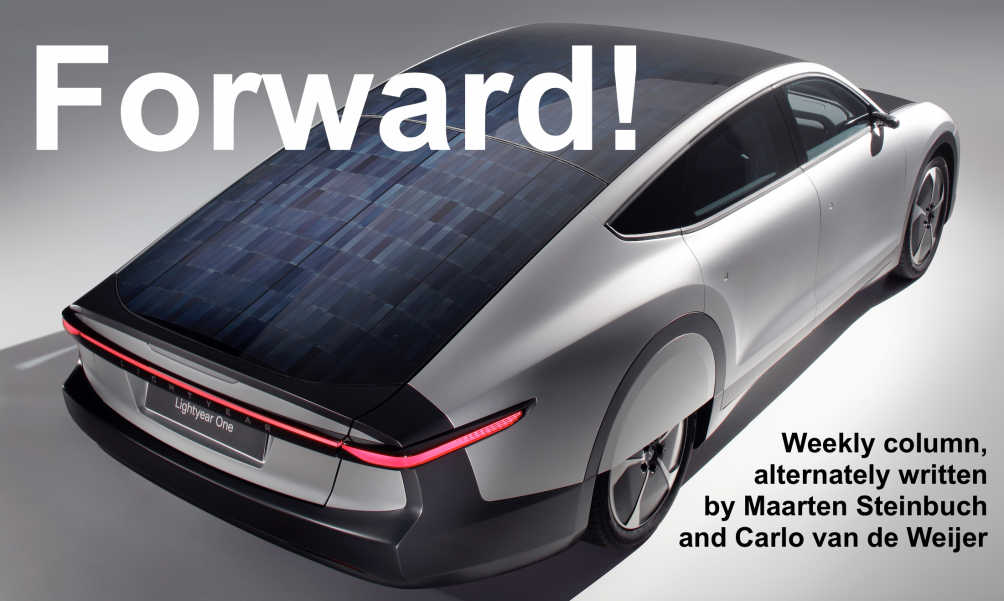
You hear many people say it when it comes to privacy: “They can know everything about me, I have nothing to hide”. I’m waiting for a TV format in which the people who are the loudest about this are the first to be screened and then confronted with a guaranteed long list of things that could have been better hidden. If there is someone who has nothing to hide, I don’t need to know him or her. There is little to learn from them or to laugh at, I’m afraid. If there is no privacy, there is no room for sin. That would be a real sin.
This phenomenon will become very important in mobility as well because cars measure and know more and more due to all the sensors and cameras. This technology is primarily used to make driving safer and more comfortable but has a very large by-catch full of privacy-sensitive information. About the travel destinations your partner or boss shouldn’t know about or about those dozens of traffic violations you make every week. But also about what happens around the car: how busy it is in stores, where it rains, who committed that robbery yesterday, and whether your front door is still open. There you have it, privacy.

All that data represents a lot of value. In an extreme scenario, perhaps more than what it costs to drive a car. In such a scenario, you pay for driving your car with your privacy, exactly how you now pay for all those services from the Googles and Facebooks. The value of that data is also why technology companies like Google and Apple have been so actively involved in car platforms in recent years – cars as the Trojan horses for data hunters. But they are not the only ones lurking. Car manufacturers, importers, dealers, leasing companies, garage companies, insurance companies, the automobile clubs, they all prey on what the car knows. Because without that data there is no automotive business. The new revenue models are in software updates with new functions, a cheaper maintenance contract, better insurance, a new car subscription including a sports car for a weekend. All optimized based on the data from the vehicles that often know better what the user wants than that user himself.
The determining factor in that game is privacy and the winner is who plays the data game the best. Although the legislation is very complex about who the data belongs to, what is clear is that the driver, as the “data subject”, determines what can be done with their data. Currently, this is done with a long list of conditions where everyone blindly presses “OK”, but in the future, this will be regulated much more explicitly. This offers opportunities to those who you trust most with your data. And who, above all, neatly forget everything you don’t need to know about your customer.
This is at the same time a wise lesson for every industry. If someone else has more data on the use of your product or service than you do, sooner or later you will be pushed into a commodity or even become obsolete. There’s plenty to be gained, as long as you respect that people have a lot to hide.
Maarten Steinbuch and Carlo van de Weijer are alternately writing this weekly column, originally published (in Dutch) in FD. Did you like it? There’s more to enjoy: a book with a selection of these columns has just been published by 24U and distributed by Lecturis.







